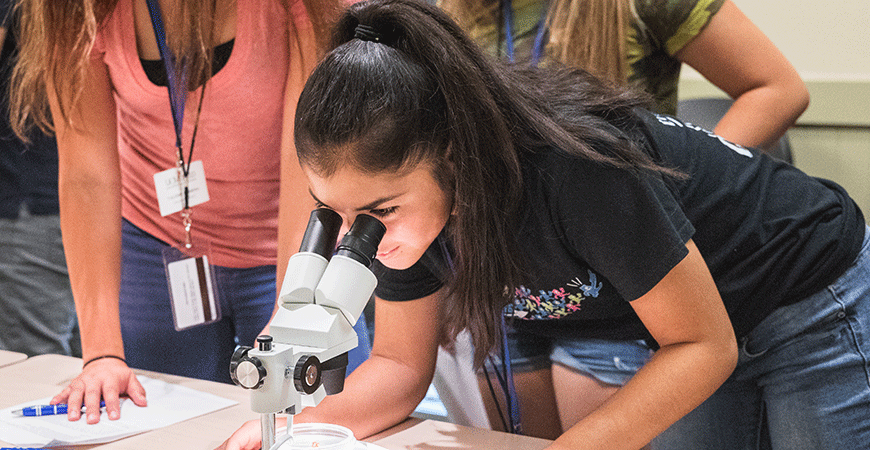Starting next summer, UC Merced will join an elite group of University of California campuses hosting COSMOS — the California State Summer School for Math and Science — giving some of the state’s most talented high school students a new destination for exploring advanced STEM...





